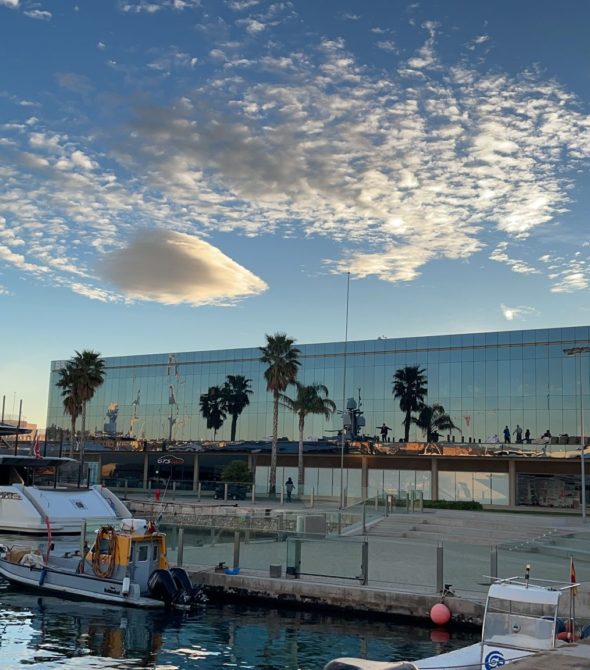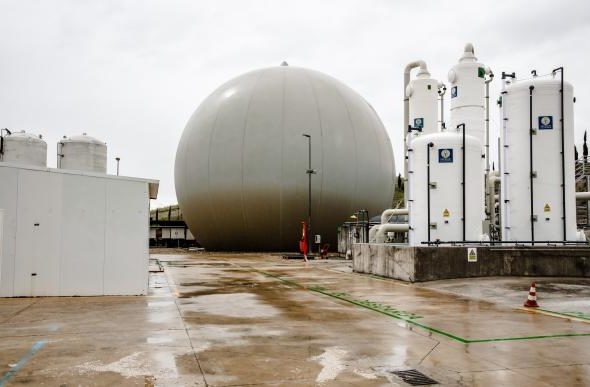Spain’s Repsol suspended its swaps of refining products for crude with Venezuela’s state-run oil company PDVSA as U.S. officials weighed penalties for foreign firms doing business with Venezuela.
The Spanish oil company has been swapping fuel and waiving payments due from a joint venture with PDVSA in exchange for crude, even as the United States rolled out new sanctions aimed at ousting Venezuela’s socialist President Nicolas Maduro.
The arrangement made Repsol one of the OPEC-member nation’s main fuel suppliers, alongside Russia’s Rosneft and India’s Reliance Industries.
A final decision on whether Repsol will cancel the Venezuelan swap deal altogether, after it was first arranged in late 2018, has not yet been made,
Repsol’s most recent shipment of gasoline arrived in Venezuela on March 25 aboard the Torm Laura, while the Achilleas, a Suezmax tanker remained anchored off Venezuela’s Jose oil port, after loading about 1 million barrels of heavy crude.
Another group of 11 loaded tankers, chartered by U.S. firms Chevron Corp, Valero Energy and Citgo Petroleum have been anchored off Jose for over two months following payment complications from sanctions.
In February, Spain imported some 75,920 barrels per day (bpd) of Venezuelan oil, down from 84,650 bpd the month before, when arrivals were boosted by the Repsol-PDVSA swap. The European country imported an average of 12,630 bpd of the crude during 2018.





